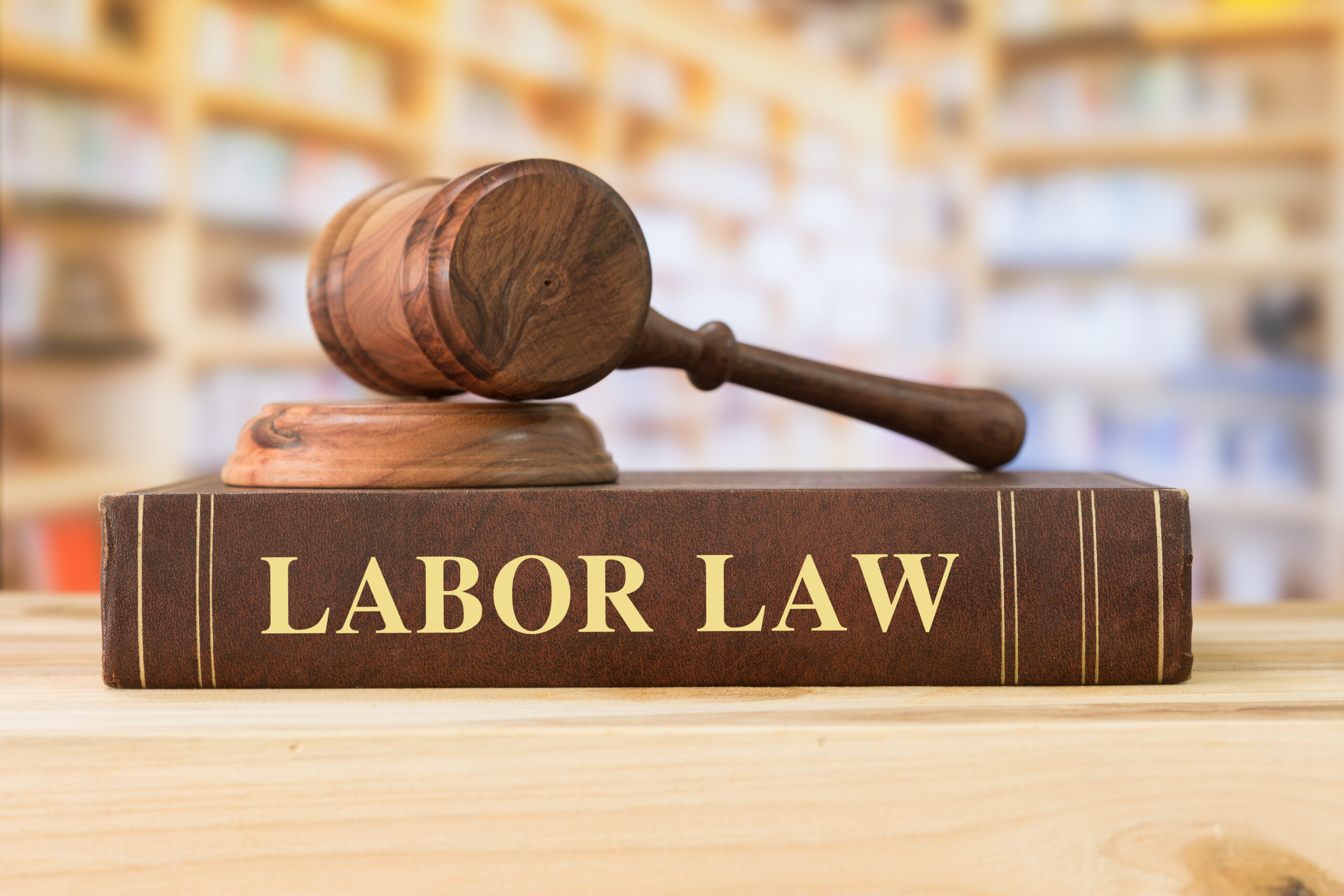Posts tagged Administrative Procedure Act
Federal Judge Denies Anonymity To Fired Civil Servants Suing Over Mass Firings
October 9, 2025 // A federal judge in the U.S. District Court for the District of Columbia has denied a request from five former federal employees, who claim they were improperly terminated during a "mass firing" in February 2025, to proceed with their lawsuit anonymously. The plaintiffs, identified only as Civil Servants 1 through 5, are suing the Office of Special Counsel (OSC), alleging the agency unlawfully closed thousands of prohibited personnel practice (PPP) complaints filed by probationary employees without considering the individual merits of each case. They contend this action undermines workplace protections and violates the Administrative Procedure Act.
New lawsuit scrutinizes Hegseth’s implementation of Trump’s anti-union EO
July 30, 2025 // While previous lawsuits argued simply that President Trump’s citation of the 1978 Civil Service Reform Act’s so-called “national security exemption” en masse violated federal regulatory law, a new suit from IFPTE drills down on the Defense secretary’s implementation of the controversial edict.

Federal government reverses course on Florida union law, appeals court holds lawsuit
June 16, 2025 // An appeals court Tuesday put on hold a lawsuit that Florida filed against the federal government, after the Trump administration reversed course on a controversial 2023 state law that placed restrictions on public-employee unions. The law included a series of restrictions, including preventing most public employees from having dues deducted from their paychecks and requiring unions to be recertified as bargaining agents if fewer than 60% of eligible employees pay dues. The lawsuit deals with interplay between the state law (SB 256) and a longstanding federal law designed to ensure that transit workers’ collective-bargaining rights are protected before federal transit money is provided to local agencies.
Chicago-Area Chemical Plant Worker Asks National Labor Board to End Policy Letting Union Bosses Trap Workers in Unions
May 9, 2025 // Employees submitted valid petition requesting vote to remove Teamsters union, but union bosses manipulated unproven charges against employer to block vote
Union sues DHS to protect TSA screeners’ collective bargaining rights
March 18, 2025 // The lawsuit accuses the Trump administration of violating the Administrative Procedure Act’s prohibition on “arbitrary and capricious” decision-making, as well as breaching their contractual obligations under the 2024 collective bargaining agreement and in so doing, violating union members’ due process rights under the Fifth Amendment. The union also brings a First Amendment claim, arguing that the Trump administration’s decision to revoke TSA screeners’ collective bargaining rights was in retaliation for the union’s other lawsuits against the executive branch, most notably their challenge of the mass firing of probationary workers across government. A federal judge on Thursday issued a preliminary injunction in that case, requiring agencies to reinstate tens of thousands of improperly terminated workers.

Texas Judge Enjoins NLRB From Proceeding Against SpaceX, Casting Further Doubt on NLRB’s Constitutionality
July 31, 2024 // If the lawsuits ultimately succeed and the NLRB is dismantled in whole or in part, we may see a dramatic transformation of the way union organizing, elections, and worker and union disputes are decided under the National Labor Relations Act (NLRA). We will continue to monitor developments in these cases, as well as the expected wave of challenges to the NLRB’s rules and positions.

How changes to ‘noncompete’ agreements and overtime could affect workers
April 26, 2024 // They’ll also have to determine how they will budget for the extra pay for overtime. Small businesses will have the toughest time. “Some are going to have to cut workers,” Hollis said. “Others will have to cut hours from existing workers. “Some are going to have to raise prices, and some probably won’t be able to figure out a way to make it economically work and wind up having to shut down, unfortunately.”

Everything You Need to Know About the Department of Labor Independent Contractor Rule
March 12, 2024 // The DOL does not provide an analysis of how many independent contractors will actually become employees. Let’s say a company is contracting with 100 photographers, all of whom are affected by this rule: how many of those photographers will become employees? It’s clearly not all 100 of them. To unpack the potential benefits (and costs) on workers, we need some analysis into how many of those 100 freelance photographers would become employees. Another consideration for the benefits side of the equation is whether most independent contractors are currently working with small businesses or larger ones. This matters because, as I point out in a previous post, many small businesses do not provide healthcare insurance, retirement benefits, or maternity benefits to their employees. This means that the “benefits” differences between an independent contractor and an employee at a small business are smaller than expected.
Trucking Companies Seek to Delay Contractor Rule Effective Date
March 9, 2024 //
Labor Department would ignore law to change overtime rules
November 16, 2023 // The DOL’s preamble to its proposals repeats as if a mantra its reliance upon “the authority that the FLSA grants to the Secretary to define and delimit the EAP exemption.” But in its repetitions of the define-and-delimit mantra, the DOL omits the part where the FLSA says the terms of the exemption are to be defined and delimited “by regulations of the Secretary, subject to the provisions of subchapter II of chapter 5 of Title 5.” Those provisions, known as the Administrative Procedure Act, require regulations to be adopted through a procedure that gives the public a chance to submit comments on a proposed regulation and requires the agency to respond to significant comments. The DOL proposal to make future increases in the salary levels automatic violates the Administrative Procedure Act’s requirements.
